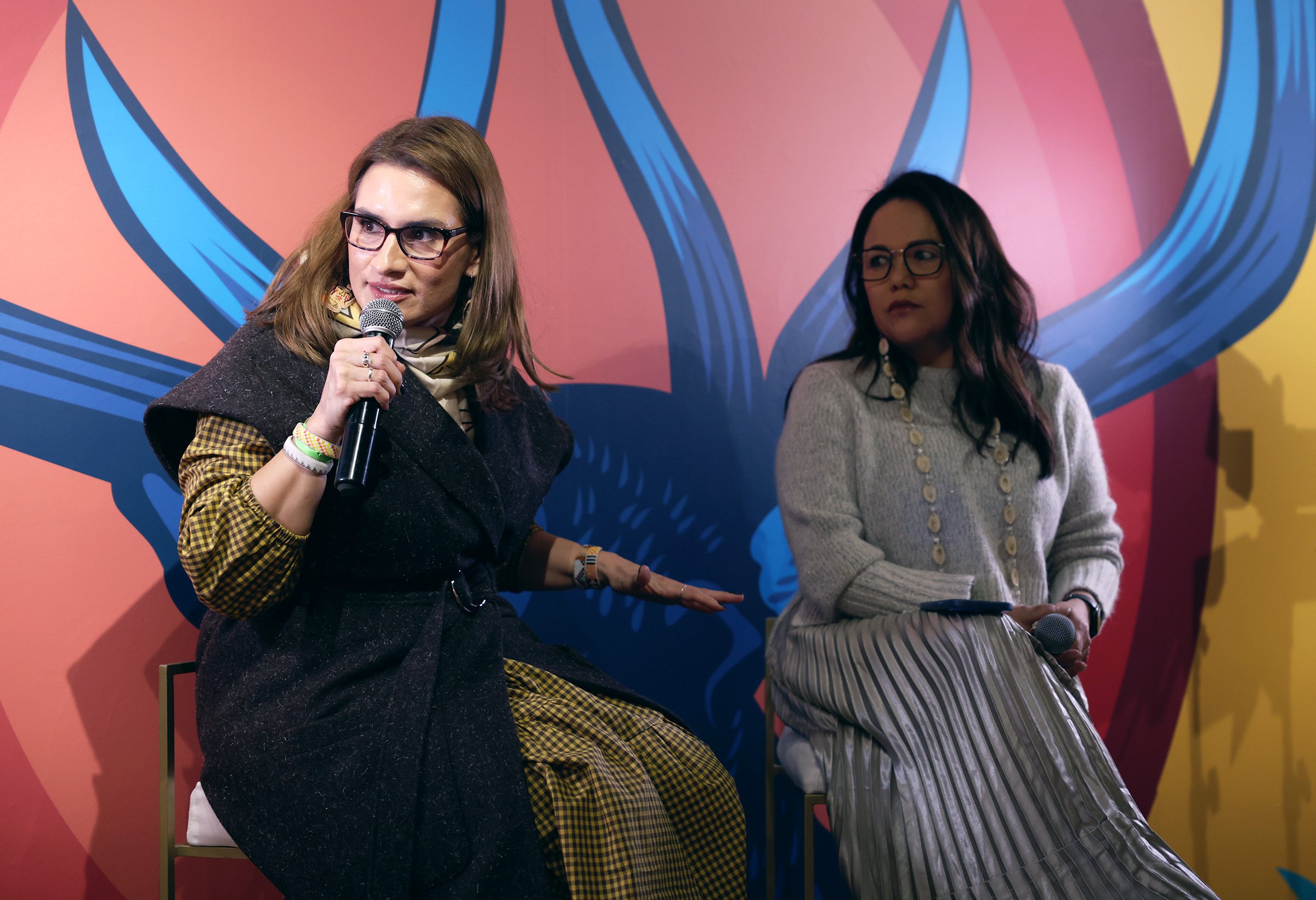Seriously?
Even Canada’s had Indigenous premiers and they haven’t had a great track record with Indigenous people.
We’ve had one, and it wasn’t until late 2023.
And while it’s great to beat the US to it, you make it sound like we’ve done better than we have.
What about John Norquay?
Umm I don’t know, but it was a huge thing when it happened last year and the media was collectively calling it Canada’s first?
I looked through their wiki though and I don’t see any reason that’d disqualify them?
Edit: oh further down in that link
John Norquay was the first Indigenous person to serve as premier in Manitoba, in 1878. Norquay was Métis, which are people of mixed European and Indigenous ancestry.
While other Métis people in Manitoba have served in elected office, the province’s history with First Nations people holding elected office only goes back a few decades. It wasn’t until the 1950s and ’60s that First Nations people were allowed to vote without conditions in provincial and federal elections in Canada.
So I guess it’s that they were mixed? I don’t know what that’d disqualify though?
Even Canada’s had Indigenous premiers and they haven’t had a great track record with Indigenous people.
John Norquay was the first Indigenous person to serve as premier in Manitoba, in 1878.
We’re saying the same thing.
Even Canada’s had Indigenous premiers and they haven’t had a great track record with Indigenous people.
A worse track record than the US’s? What’s the Canadian version of The Trail of Tears?
Indigenous people got the right to vote in all US states after African-Americans. 1965 was the year the Voting Rights Act was passed, which was the final positive change for African Americans; for Indigenous Americans, Colorado withheld the right to vote from IAs living in reservations until 1970.
Affirmative action policies at large US corporations largely target African Americans; Indians, Hispanics, Native Americans, and other minorities are not a focus. Indians in particular tend to not satisfy quotas, and women have almost completely been dropped from consideration.
In some ways, you could argue that some of this is proportional and justifiable: women may not have achieved salary parity with men, but in terms of sheer numbers, they’re much closer (unless you look up at the C-level). Same with Indians. Hispanics are considered “white,” for some reason; but there’s no justification for the fact that there is almost no effort or movement advocating for Indigenous Americans in corporate America.
Check out the Canadian Indian residential school system while remembering the last one shut down in nineteen ninety-seven.
Ok, '97 is impressive! I have two for you from our side:
- people were purchasing indigenous children forcibly taken from their parents as late as 1952
- Our federal indigenous school system shut down only 28 years earlier than your’s, and ours has a strong record of killing the children in its care. (Same report, two different articles).
I am aware of the Canadian atrocities; I still think the US wins this contest, though… again, Trail of Tears is kind of a trump card.
TruthOut - News Source Context (Click to view Full Report)
Information for TruthOut:
MBFC: Left - Credibility: Medium - Factual Reporting: Mixed - United States of America
Wikipedia about this sourceSearch topics on Ground.News




